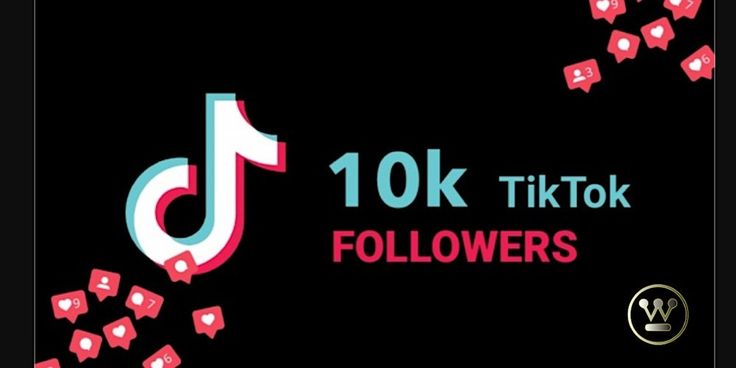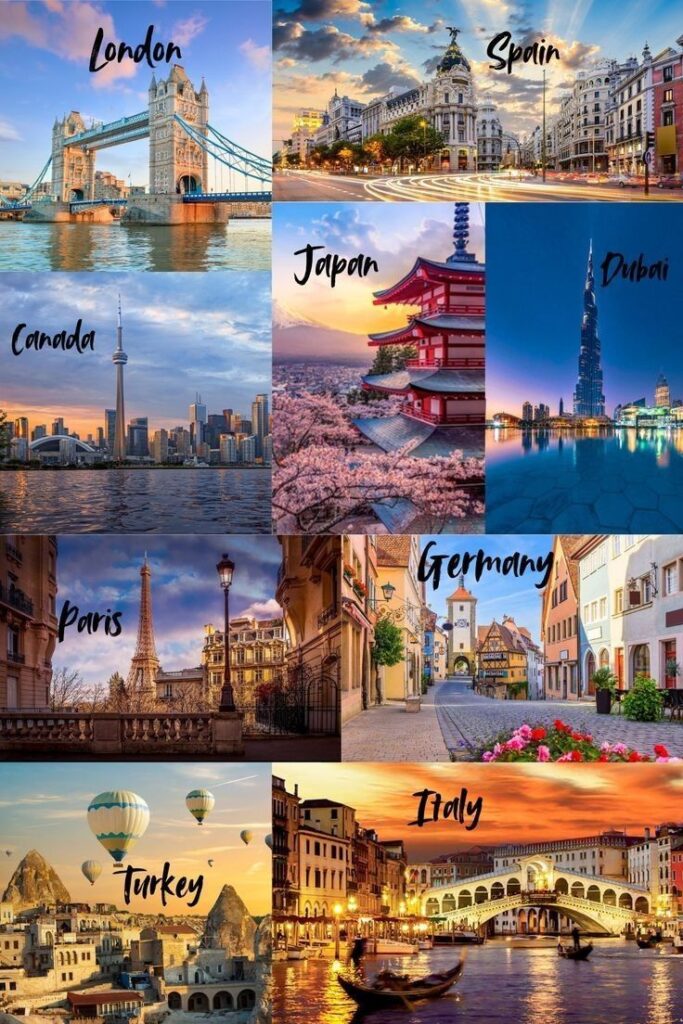🌐 Latest World News

QUETTA, Pakistan, Sept 30 (Reuters) – A suicide blast outside the Frontier Corps headquarters in Quetta on Tuesday killed at least 10 people and wounded 33 others, officials said, triggering a gun battle with attackers.Source: Reuters MOSCOW, Sept 30 (Reuters) – The Kremlin said on Tuesday that it hopes U.S. President Donald Trump’s Gaza peace […]
The Top 10 Healthiest Foods You Should Eat Every Day

Eating healthy is the foundation of a strong body and mind. While there are countless nutritious foods out there, some stand out for their exceptional health benefits. Here are the top 10 healthiest foods you should try to include in your daily diet: Conclusion:Incorporating these foods into your daily meals can improve energy, strengthen immunity, […]
🌍 Latest World News

📰 Original News Highlights (as in English from the sources) “At least 70 killed in Sudan after paramilitary attack on mosque.” Sky News “‘Very clever cyber attack’ cancels flights in Europe — as Heathrow …” Sky News “Dozens of delegates stage walkout as Netanyahu begins UN address.” Sky News “Microsoft blocks some services used by […]
🇺🇸 Latest U.S. News Highlights

The Healthiest Foods You Can Find at a Local Market

Many people think that eating healthy is difficult or expensive. The truth is, some of the best and most nutritious foods can be found right in your local market. Here are some of the healthiest foods that are affordable, accessible, and great for your body. 1. 🥕 Vegetables 2. 🍎 Fruits 3. 🌾 Whole Grains […]
The Best Opportunities to Work Online

In today’s digital age, the internet has opened the door to endless opportunities. Whether you already have a skill or you’re just starting out, online jobs can give you freedom, flexibility, and even financial independence. Here are some of the best opportunities to work online in 2025 and beyond. 1. 💻 Freelancing Freelancing is one […]
How to Make Money on YouTube and TikTok

YouTube and TikTok are two of the most popular social platforms in the world today. Thousands of creators are already earning a living by sharing their creativity and time. But how can you start making money from these platforms? Let’s break it down. 1. 🎥 YouTube Partner Program (YPP) Once you meet YouTube’s requirements (1,000 […]
The Most Beautiful Cities in the World 2025

Every year, certain cities stand out as the most breathtaking destinations on Earth. Some are famous for their rich history and cultural heritage, while others amaze us with modern architecture and natural beauty. In 2025, a few cities have become especially iconic—capturing the hearts of travelers everywhere. 1. 🇫🇷 Paris, France – The City of […]
“The Most Beautiful Cities in the World 2025”

Every year, travelers around the world look for the most breathtaking cities to visit—places that blend culture, architecture, history, and natural beauty. In 2025, some cities continue to shine as timeless gems, while others are rising stars, gaining global recognition for their unique charm. Here’s a look at some of the most beautiful cities in […]
“NASA’s Secrets and the Plan for Moon Missions”

The Moon has always captured humanity’s imagination. We first stepped on its surface in 1969, but now, more than 50 years later, NASA is preparing to return. Behind the headlines, there are fascinating secrets, bold goals, and groundbreaking technology that could change the future of space exploration forever. 1. 🌑 Why Go Back to the […]

